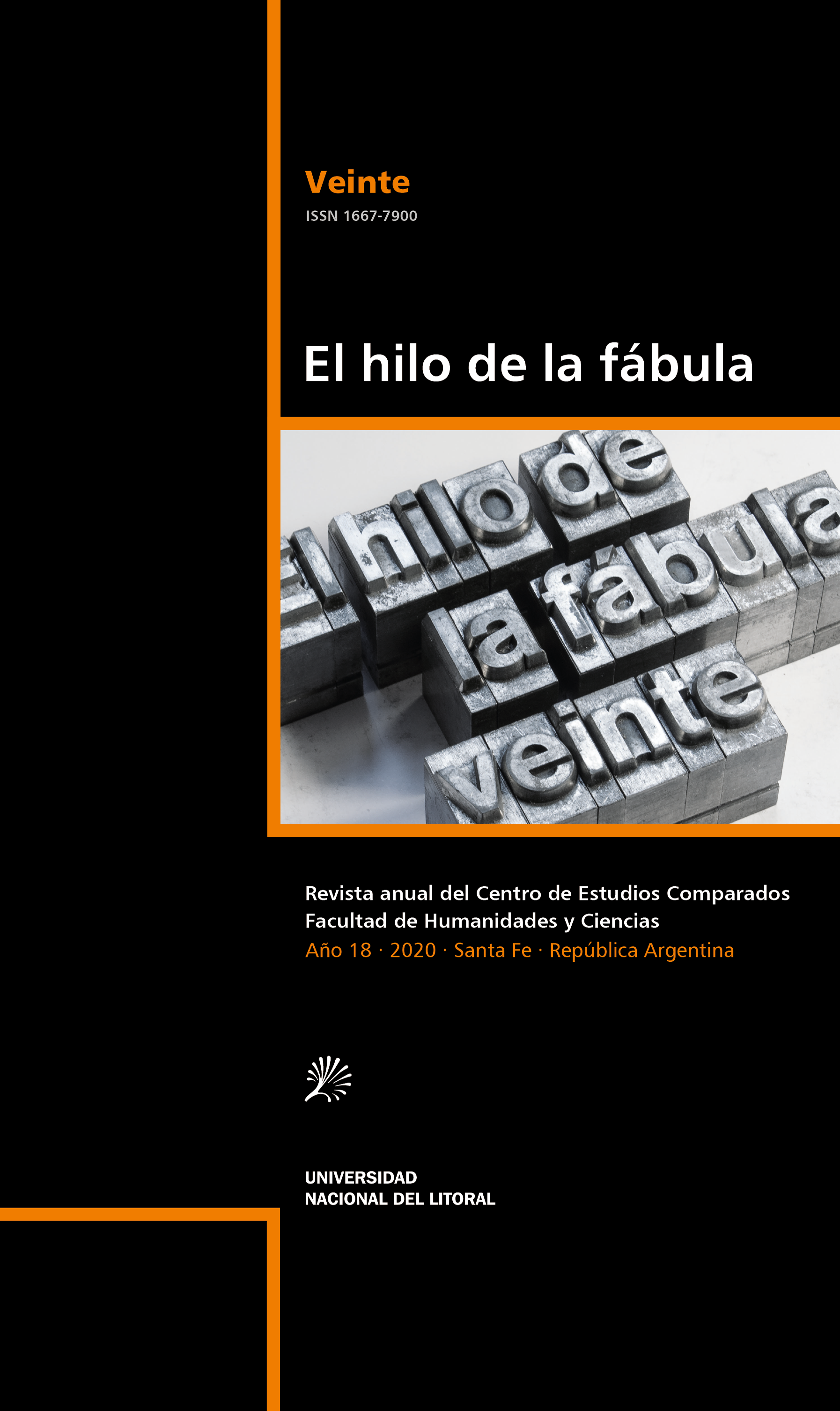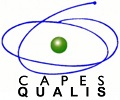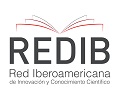Idiomas cruzados
DOI:
https://doi.org/10.14409/hf.v0i20.9646Keywords:
Identity, Language, Mother, Double, Bilingualism, BodyAbstract
This article is based on the premise that there is «otherness» in any language, which originates in our hearing of the mother tongue as early as during our gestation in the womb. The mother tongue is therefore the first foreign language we learn. We will base ourselves on the latest conclusions from the work carried out by researchers in cognitive and psycholinguistic science laboratories who underline the hybrid nature of language learning even before child birth. Family, school, different historical situations develop and modify this starting base. Cosmopolitanism, political or economic exile, individual decisions will play their role as well. It is obvious that writers, in their voluntary choice of writing, are active representatives of these situations of dual belonging. This phenomenon is particularly present in France’s case of its colonies and the Francophonie, and in Spain with the conquest of the Americas and the civil war from 1936 to 1939,which provoked a movement of exile or conflictual relationship with the original land. Without going much into, we will analyze a few significant examples that attest to this hybridity.












